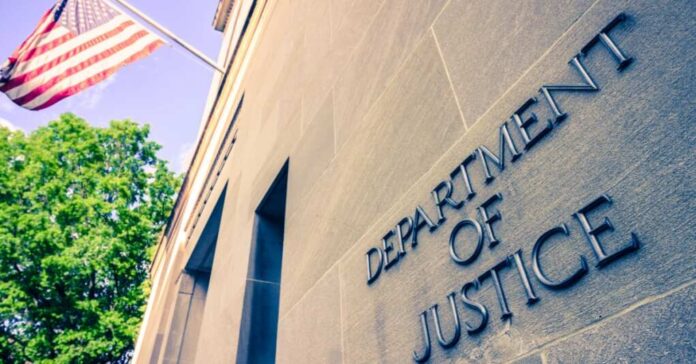
The Department of Justice (DOJ) delivered a stern message to a defendant involved in the Jan. 6 Capitol riots, asserting that regardless of the outcome of an impending Supreme Court case concerning the statute under which he was charged, his sentence would not be reduced.
Anthony Williams, a defendant in one of many January 6th cases, petitioned the court for bond pending his appeal in February. He cited the Supreme Court’s decision to review Fischer v. United States, in which a defendant named Joseph Fischer requested to dismiss a charge against him for obstructing an official proceeding that occurred on Jan. 6. Fischer is making an argument that a section of the statute, specifically Section 1512(c)(2), has been utilized to prosecute numerous other defendants in what he considers to be an unparalleled expansion of the statute’s authority. This argument presents an opportunity for the Supreme Court to establish the limits of the statute’s reach.
The Supreme Court’s decision to take up the Fischer case in December underscored the significance of Section 1512(c)(2) of the obstruction statute, which threatens significant penalties for obstructing official proceedings. Fischer’s petition has far-reaching implications for numerous cases, including that of the former President.
Regardless of the Supreme Court ruling, the DOJ indicated through court filings that they have no intention of reducing sentences and that the plan was to keep the current sentence length. The DOJ emphasized that the possibility of a reduced sentence resulting from the Supreme Court’s decision in Fischer was slim to none. They argued that the case outcome wouldn’t likely result in a shorter imprisonment term than the time already served plus the anticipated duration of the appeal process.
Then, the DOJ indicated that if the obstruction conviction is overturned by the Supreme Court, the aggregate sentence on the remaining counts may be increased. Furthermore, the DOJ warned that they might revise their sentencing recommendation to include consecutive sentences for Williams, considering the severity of his actions on Jan. 6. Initially, the DOJ refrained from recommending consecutive sentences because the potential sentence range under Williams’s obstruction charge was deemed sufficient.














